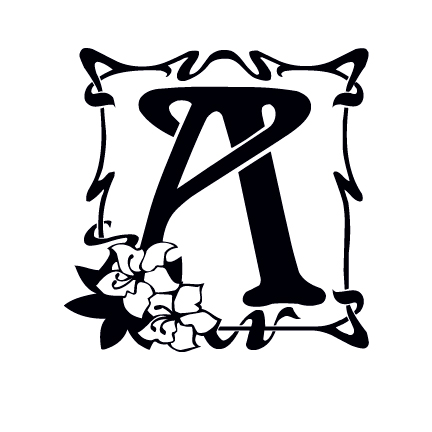One of my most popular posts, He Said, She Said, Who Said What?, goes into ways to keep the local vernacular true to the characters. It uses extremes, but I did it to make a point.
Let's expand upon that and talk about how to keep the speech true to humans.
In I, Zombie, I used dialogue to help pull the reader into the culture. Some people enjoyed it, some didn't. However, it's true to the location and that's what I was after. Bronya, book one of the Mystic series, is also set in Southern Louisiana, but I chose not to use the local dialect. I both loved and hated that aspect of the book, but it's a choice an author has to make.
Note what I said there: Choice. It's up to you how your characters will speak, but the key to doing anything well is consistency. I know, there's that word yet again! Remember when I talked about creating a style guide for your novel? If your characters are gonna talk a certain way, be sure you're consistent. Your style guide will help you (and your editor) do that.
Now, a few things to keep in mind when characters are speaking to one another:
- You don't always have to use a dialogue tag (said, mumbled, asked, answered, etc...), an action tag (Sabrina put her feet up on the couch, Luke took a long drink of his coffee, Pig plopped his big, round bottom down, etc...) will work as well.
- There's no need to name the character the one speaking is talking to unless: There are more than two characters in the room and he/she is speaking to someone out of the group specifically, or there's no action tag like: Pig looked at Sabrina.
- When a character uses another character's name in speech, it sounds like a lecture or like one is lording their superiority over the other. Think about how you speak and when you use someone's name.
- We speak in contractions unless we're speaking formally (old English, Historically, etc...). Use them. It'll help. Remember to practice writing in contractions everywhere, not just in your novels. If a character doesn't use contractions, be consistent and don't ever use them. One day, you'll thank me. *wink*
- Watching the rename will help with pronouns. Time for an example!
If we know Pig and Luke are having a discussion, it might go like this:
Pig looked at Luke. "So, you're saying I didn't need to sit?"
He answered, "That's exactly what I'm saying."
His tail uncurled and his ears drooped. "I thought I was being good."
This is wrong, wrong, wrong. It creates a pronoun problem. Either you have to rename Pig (which gets irritating to readers if it's done too often) or remove Luke. We know who Pig is talking to because the scene has been set.
How about:
Pig looked up. "So, you're saying I didn't need to sit?"
"That's exactly what I'm saying."
His tail uncurled and his ears drooped. "I thought I was being good."
Note that Pig was the last male named so the pronoun his is used correctly. There was no need to rename Pig or worry that we couldn't use the pronoun his after we named Luke.
Please, know your action tags and your dialogue tags. Here's a post that will help with that. Some get commas and others get periods. Be sure you're varying what you use. Dingle said, Pig said, Sabrina said, Luke said, Howey said, Dog said, gets redundant and boring after a while. If it's obvious who said it, leave it alone. If you must give a name, use an action tag now and then.
Are you ready to practice flexing your dialogue muscles? Here's the fifth post in a series with links to the previous four: Dialogue Exercises. There are fifteen practice scenarios for you to use. Have some fun, okay?
Did you know these loose rules? Do the examples above help at all?
Well, that's all for today, folks! Until next time, WRITE ON!
Jo









